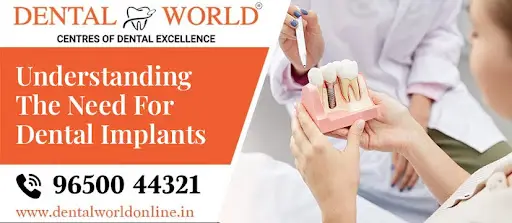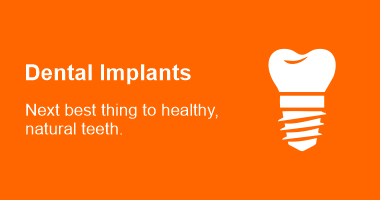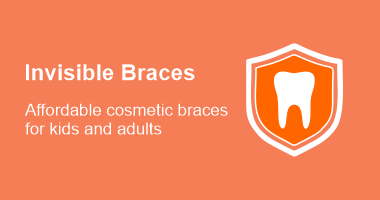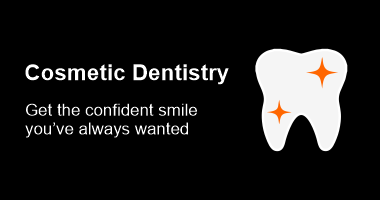Understanding the Need for Dental Implants

Dental implants are artificial tooth roots that provide a strong foundation for fixed or removable replacement teeth. They are an effective and long-term solution for individuals with missing teeth. Dental implants have become a transformative solution for individuals dealing with missing teeth. Understanding the need for dental implants involves recognizing the numerous benefits they offer and addressing common issues associated with tooth loss.
Dental implants provide a comprehensive solution for tooth replacement, addressing not only the aesthetic aspects but also the functional and health-related aspects of missing teeth. Consulting with a qualified dental professional can help individuals explore whether dental implants are the right option for their specific needs and circumstances.
Types Of Dental Implants
There are several types of dental implants, each designed to address specific needs. Below we have listed some crucial types of Dental Implants, which are:-
Endosteal Implants
This is the most common type of dental implant. It involves placing screws, cylinders, or blades directly into the jawbone.
Ideal for patients with a healthy jawbone and those who prefer a stable and secure foundation for their replacement teeth.
Subperiosteal Implants
Instead of placing implants into the jawbone, subperiosteal implants rest on top of the bone but underneath the gum tissue.
Suitable for individuals with insufficient natural bone height, as they don't require a strong jawbone for support.
Zygomatic Implants
Zygomatic implants are longer than traditional implants and are anchored in the cheekbone (zygoma) rather than the jawbone.
Recommended for individuals with significant bone loss in the upper jaw who might otherwise require bone grafting.
All-on-4 Implants
All-on-4 involves placing four implants strategically in the jawbone to support a full arch of fixed replacement teeth.
Ideal for individuals seeking a more cost-effective and efficient solution for full-mouth restoration without the need for individual implants for each tooth.
All-on-6 and All-on-8 Implants
Similar to All-on-4, but with six or eight implants for added stability and support, especially in larger restorations.
Suitable for individuals with specific anatomical considerations or preferences for additional implant support.
Mini Implants
Mini implants are smaller in diameter compared to traditional implants. They are often used in situations where space is limited.
Commonly employed for stabilizing removable dentures, particularly in cases where standard implants may not be feasible.
Immediate Load Implants (Same-Day Implants)
These implants allow for the placement of a temporary restoration on the same day as implant surgery.
Suitable for individuals looking to receive immediate functional and aesthetic benefits, but careful case selection is crucial.
Related Blog: Same Day Dental Implants A Modern Solution To Missing Teeth?
Ceramic Implants
Ceramic or zirconia implants are made from tooth-colored materials, offering a more aesthetic alternative to traditional metal implants.
Preferred by individuals who prioritize a natural appearance and want to avoid metal components in their oral restoration.
Choosing the right type of dental implant depends on various factors, including the patient's oral health, bone density, and specific treatment goals. A thorough consultation with a dental professional is essential to determine the most suitable implant option for individual needs.
What Are the Benefits of Dental Implants?
Dental implants offer multiple benefits, making them a popular and effective solution for individuals with missing teeth. Here are some key advantages of dental implants:
Natural Look and Feel
Dental implants closely mimic the appearance and function of natural teeth. They are custom-designed to match the color, shape, and size of the surrounding teeth, providing a seamless and natural look.
Improved Speech
Missing teeth, especially in the front, can affect speech clarity. Dental implants restore the ability to articulate words properly, improving speech and communication.
Enhanced Chewing Ability
Dental implants provide a stable foundation for replacement teeth, allowing for effective biting and chewing. This restores the ability to enjoy a full range of foods without discomfort or difficulty.
Prevention of Bone Loss
Unlike traditional bridges or dentures, dental implants stimulate the jawbone, preventing bone loss and preserving the natural structure of the face. This helps maintain a more youthful facial appearance.
Long-Term Solution
With proper care, dental implants can last a lifetime. They are a durable and permanent solution for tooth replacement, eliminating the need for frequent replacements associated with other options.
Related Blog: Benefits Of Dental Implants Over Dentures
How to find the right Dental implant for your unique Needs?
Choosing the right dental implant involves collaboration between you and your dental professional. Clear communication, thorough assessment, and a well-defined treatment plan contribute to the successful and satisfactory outcome of dental implant procedures. Below are the step-by-step guides to help you find the right dental implant for your specific need.
Consultation with a Dental Professional
Schedule a consultation with an experienced and qualified dental professional, preferably a prosthodontist or oral surgeon specializing in implant dentistry. They will assess your oral health, examine your jawbone structure, and discuss your specific needs and expectations.
Comprehensive Examination
Undergo a thorough dental examination, including X-rays or other imaging studies. This helps the dental professional evaluate the condition of your teeth, gums, and jawbone. It also aids in identifying any underlying dental issues that may impact the implant procedure.
Health Assessment
Provide your dental professional with information about your overall health, including any existing medical conditions, medications you are taking, and lifestyle factors. Certain health conditions may influence the success of dental implants.
Discussion of Treatment Options
Engage in a detailed discussion with your dental professional about the available treatment options. This may include traditional dental implants, mini implants, implant-supported dentures, or full-arch implant solutions like All-on-4 or All-on-6.
Customized Treatment Plan
Receive a personalized treatment plan tailored to your unique needs. The dental professional will outline the recommended procedures, the number of implants required, and the anticipated timeline for the treatment.



